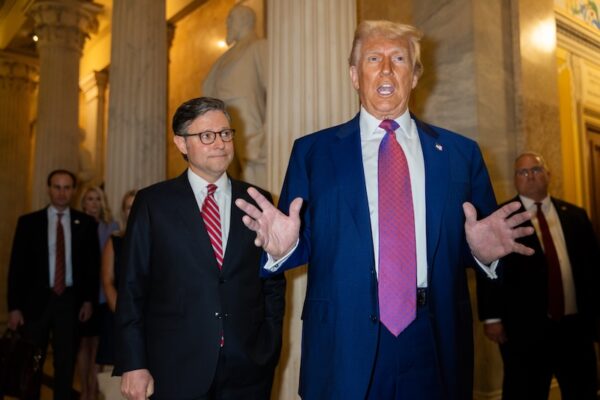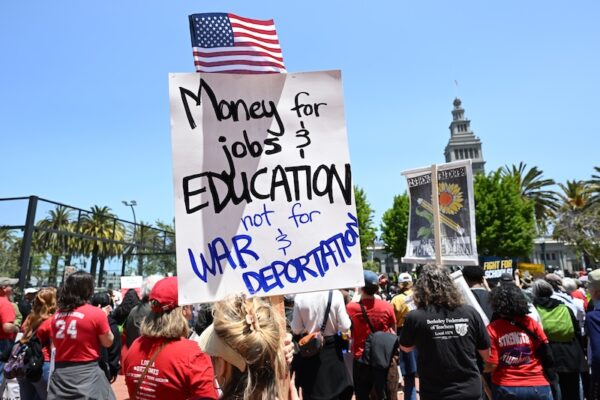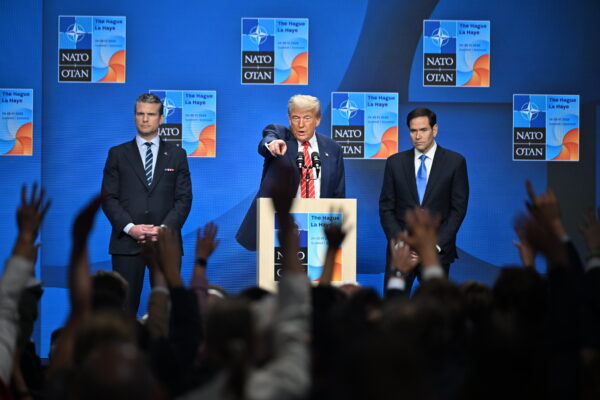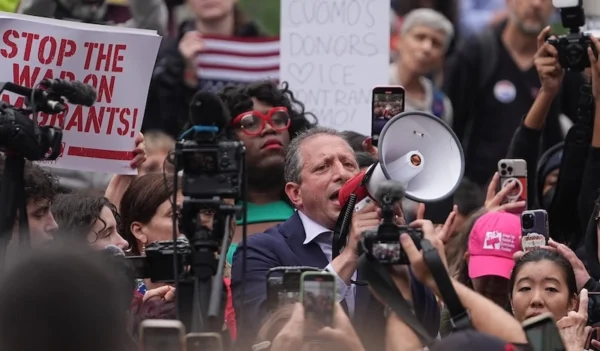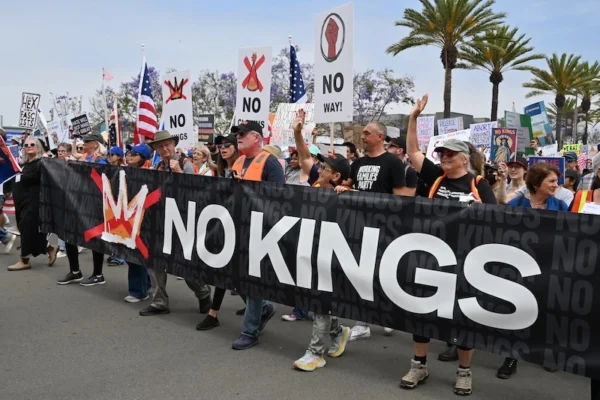Japanese foreign policy in the new era
More than a year ago after a trip to Japan I wrote a piece about my observations on the direction of Japanese foreign policy. In that piece I wrote “It is difficult to figure out if there is a direction toward a new and more autonomous Japanese foreign policy by talking with experts or reading analyses of the current state of Japanese foreign relations. Despite its economic prowess and high amount of developmental aid abroad, in terms of diplomacy and foreign policy Japan does not have much visibility in the international arena.” This has been a recurrent issue in regards to Japanese foreign policy. Economic diplomacy and development aids played an important role in the development of Japanese foreign policy in the post-World War era. However this form of diplomacy reached its limit with increasing threats – real and perceived – for Japan in the region. The nuclear weapons owned by North Korea and the territorial disputes with China have made a more nuanced foreign policy necessary for Japan.
These debates about Japanese foreign policy will likely increase with the changing dynamics in different parts of the world and particularly after the elections in the U.S. On the one hand, although it wants to present itself as such, different issue areas and disputes will not let Japan simply focus on economics. We are entering a new era in the international system in which the economic powers are expected to be more involved and pro-active in their regions and if possible in different parts of the world. More independent and original approaches are needed to resolve conflicts and end chaos in different regions. Although Shinzo Abe’s globetrotting and his “Japan is back” motto improved the profile of Japan in global affairs, considering the current state of international relations a much more proactive stance may be necessary to make Japan more visible in the international arena. Japan needs to think about its position in different conflict areas. And yes the security affairs will eventually be a part of this agenda. So the Japanese public, regardless of their “traditional” isolationist stance in regards to the world, may need to see their state’s involvement in different affairs and issue areas.
A second area that will be debated in the coming months will be Japanese relations with the U.S. For a few years now there has been a sense of concern among Japanese foreign policy makers about the U.S. and its respect to its commitments in the region. The rapid and rather surprising meeting of Japanese Prime Minister Abe with the President-elect Donald Trump was an exhibition of this sense of urgency in Japanese foreign policy. Abe and his team were so quick to meet with Mr. Trump in part because of the confusion and anxiety over the possible changes in U.S. foreign policy toward the region. This is definitely not a new concern. Since the winding down of the U.S. policy of pivoting toward Asia pivot, there is an increasing concern among the foreign policy makers in Japan in regards to the U.S. commitment to the security and safety of its allies in the Pacific. In particular the Senkaku Island dispute between China and Japan resulted in the increase in these skeptical feelings about the U.S.’s commitments. Neither the high profile ambassadorial appointment to Japan by President Barack Obama nor Obama’s effort to bring together the Japanese and Korean leaders in order to thaw their relations helped to alleviate this uncertainty and concern. With the U.S. elections and Trump’s statements about the U.S. alliances in different parts of the world, the unease of Japanese foreign policy makers about the U.S. further grow. Although the security relations between the two countries may not change in the short run, there is an urgent need in Japanese foreign policy circles about relations and expectations in regards to the U.S. There will be, sooner or later, debates about the meaning of alliances and partnerships in international relations. The naming of allies as “free riders” or “burdens” by the U.S. signals the unavoidability of this discussion in the coming period.
Now there are serious decisions that need to be made in the coming months and years by Japanese foreign policy makers. Both an independent and new foreign policy for Japan in different parts of the world and a new approach to the alliance system with the U.S. may be necessary. Globetrotting may make Japan more visible up to a certain point. More important is discussing and debating the potential options in foreign policy.
This article was first published in Daily Sabah on November 21, 2016.











